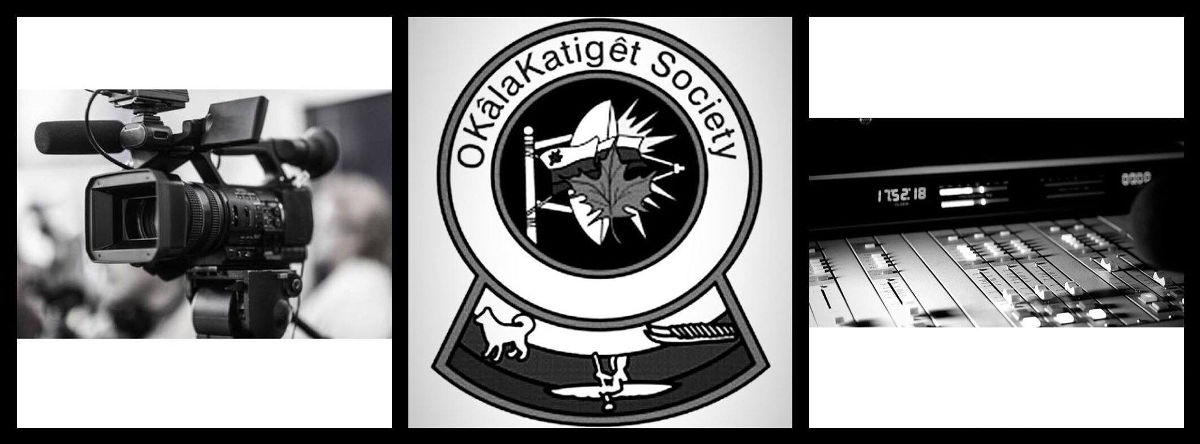Newfoundland and Labrador will make wearing non-medical masks mandatory in all public spaces beginning Monday.
Masks will be required while using public transit which includes buses, taxi’s, car services and common spaces on ferries.
For office buildings, masks will have to be worn in common areas such as lobbies, elevators, reception areas, conference rooms, washrooms and break rooms.
Municipal and government service building will require masks as well.
Personal-care business including hair salons, tattoo shops and tanning salons, and animal daycares or grooming business will require a mask.
Masks will be mandatory in common areas such as elevators in hotels, motels, bed and breakfasts, rental cabins or cottages.
All shopping malls, community markets, retail stores, community museums or historic sites, rental room, community centres or other venues used to host gatherings will also require masks to be worn.
Masks are also required in funeral homes.
There will still be some public areas where masks won’t be required, but under certain conditions.
In places like bars, restaurants, places of worship and entertainment venues, masks will be necessary until seated and as long as there is two metre of physical distancing space between bubbles. People will still have to wear a mask while moving around those spaces.
In fitness centres, dance studios or yoga studios masks will be required until a workout begins and worn again after the workout. The same rule applies for arenas and sports practice facilities when working out. Masks are mandatory in sports-related clubhouses.
If you are receiving treatment that requires you to take off your mask – at a dentist, or a facial treatment at a spa – you may do so for the duration of that treatment.
In K-12 schools and post-secondary schools including colleges, universities and trades schools masks will not have to be worn in classrooms but are required to be worn in common areas such as hallways and school buses by students in Grade 7 and above.
Teachers and staff will also be wearing masks in classrooms, and in places where they cannot physically distance, such as offices or break rooms, moving between classes or preparing food in a cafeteria.
Children under five years old will not have to wear a mask.
Those whose physical condition or mental health prevents them from wearing a mask will not be required to wear a mask. People in these circumstances are also not required to provide proof of their condition for privacy reasons.
Masks will not be mandatory during some medical treatments.
A mask can also be removed when showing identification.
Some workplaces with their own specific health and safety plans will not require masks, along with those that fall under the Occupational Health and Safety Act and Regulations. However, those workers must still wear masks when they are in a common or public areas such as lobbies, reception areas, hallways, stairways or elevators.
